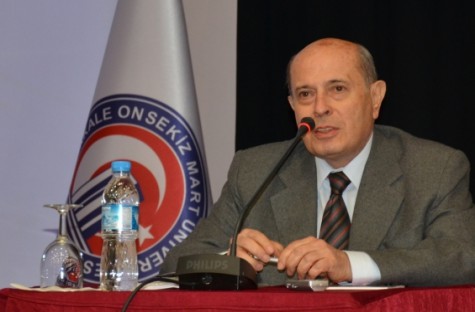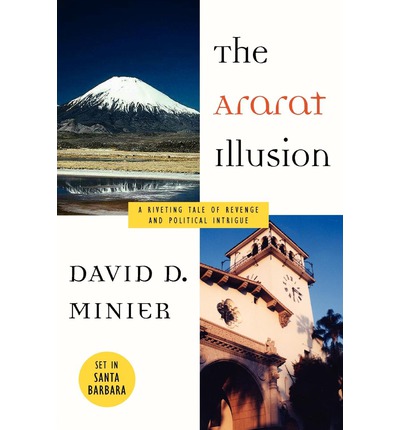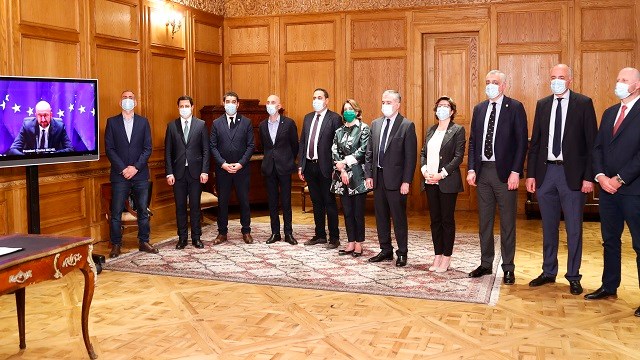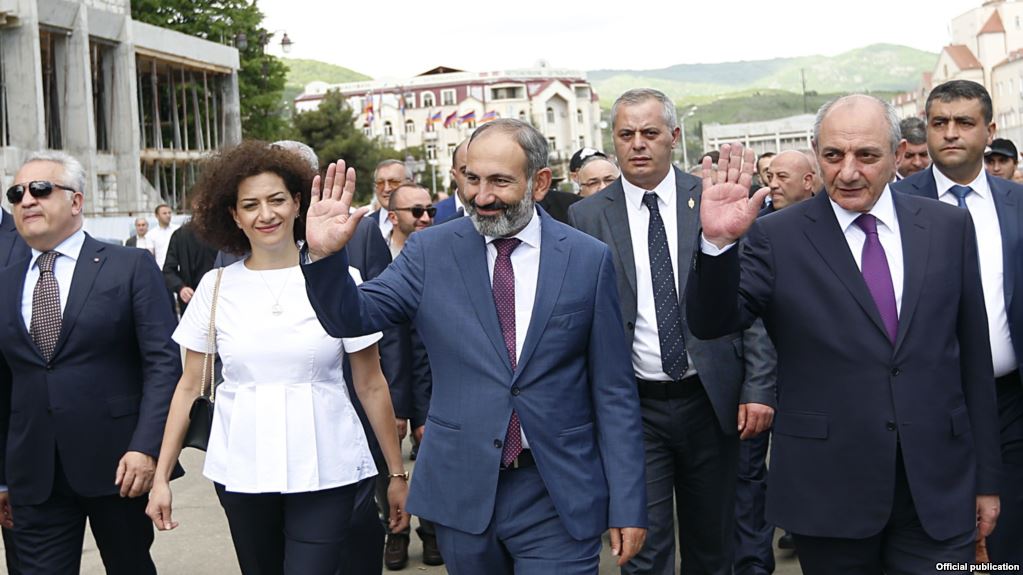As it is known, both Armenia and the Armenian Diaspora attach great importance to national parliaments and some international organizations recognizing the genocide claims, knowing that these can form a basis for future demands that can be expected from Turkey.
Since this year is the centenary of relocation, great efforts have been spent to increase the number of countries recognizing genocide claims and, especially, to have the likes of the US, Germany and the United Kingdom to join recognizing countries. However, these attempts regarding the great powers failed. On the other hand, for the first time, five countries’ parliaments (Austria, Bulgaria, Bolivia, Luxemburg, and Brazil) have taken decisions that accept the genocide claims.
It is seen that the decision of the Bulgarian parliament did not fully satisfy Armenian people for not including the word “genocide” (despite using similar expressions) and therefore being kind of “defective”.
Some recent developments have brought the decisions of Luxemburg and Austrian parliaments to a similar situation.
In his response to certain questions in the Austrian parliament on 11 September and also during a press conference in 19 September with Minister of Foreign Affairs Feridun Sinirlioğlu, which took place during his Ankara visit, the Austrian Minister of Foreign Affairs Sebastian Kurz stated that the declaration regarding genocide claims was not the decision of parliament, that it was rather a political declaration by six political parties, that this declaration does not have a value in international law, that it does carry the attribute of a court decision, and that genocide term cannot be applied retroactively (meaning that the 1948 Convention cannot be applied to past events). As such, the Austrian Minister has put forth that there are differences between the decision taken by the six parties in the parliament and the government’s stance regarding this issue.
A similar situation is valid for Luxemburg. During a joint press conference with Minister of Foreign Affairs Feridun Sinirlioğlu on 4 September 2015, the Minister of Foreign Affairs of Luxemburg Jean Asselborn remarked that during the talks held in Luxemburg parliament, all political parties confirmed the importance of maintaining good relations with Turkey, and that the genocide phrase has special meaning under international law and that these sort of crimes must be handled in competent courts. The Minister of Foreign Affairs of Luxemburg has hereby tried to express that his government and the parliament do not have the same view on issue of genocide claims.
According to the Convention on the Prevention and Punishment of the Crime of Genocide dated 1948, only an authorized national court or an international court of criminal jurisdiction can decide whether an event is genocide or not. This provision legally invalidates all current and future decisions regarding the genocide issue of all organizations, including parliaments. Within the scope of freedom of expression, organizations can express opinions on all issues, and even take decisions on these, however; these can only a have political attribute and cannot bear legal results. Moreover, like other agreements, the 1948 Convention cannot be applied to events that took place before it came into effect. Therefore, since there are no competent court decisions regarding it, it is legally not possible to characterize the events of 1915 as genocide. Essentially, pursuant to the principle of non-retrospectivity, taking a court decision regarding these events does not seem possible.
These matters have been well known for years not only by jurists, but also by those who have an interest in this issue. The fact that some parliaments nevertheless taking decisions on this issue, for which they are not authorized, can only be explained by pointing to a political preference. What lay at the source of this preference are the negative attitudes felt and approaches held towards Turkey. As a matter of fact, this is the main reason why the European Union, in which Luxemburg and Austria are members, constantly delays the membership of Turkey to this organization.
The governments of Luxemburg and Austria’s adoption of a different stance concerning the genocide claims from their parliaments is a sign of the importance they attribute to their relations with Turkey. Taking this stance into account, it would be proper for Turkey to re-send its ambassadors in these countries (who had been called back to Ankara for consultation) for the maintenance of normal relations.
© 2009-2025 Center for Eurasian Studies (AVİM) All Rights Reserved

THE FAIRYTALES OF BOGHOS
EXPECTATION OF CONDOLONCE
 BOOK REVIEW: THE ARARAT ILLUSION – DAVID D. MINIER
BOOK REVIEW: THE ARARAT ILLUSION – DAVID D. MINIER
 THE POLITICAL DEADLOCK IN GEORGIA HAS COME TO AN END
THE POLITICAL DEADLOCK IN GEORGIA HAS COME TO AN END
 WHAT IS THE GOAL BEHIND THE DENIAL OF TERROR?
WHAT IS THE GOAL BEHIND THE DENIAL OF TERROR?
 ARMENIA’S PRIME MINISTER HAS CHANGED BUT THE LANGUAGE IS THE SAME
ARMENIA’S PRIME MINISTER HAS CHANGED BUT THE LANGUAGE IS THE SAME




























